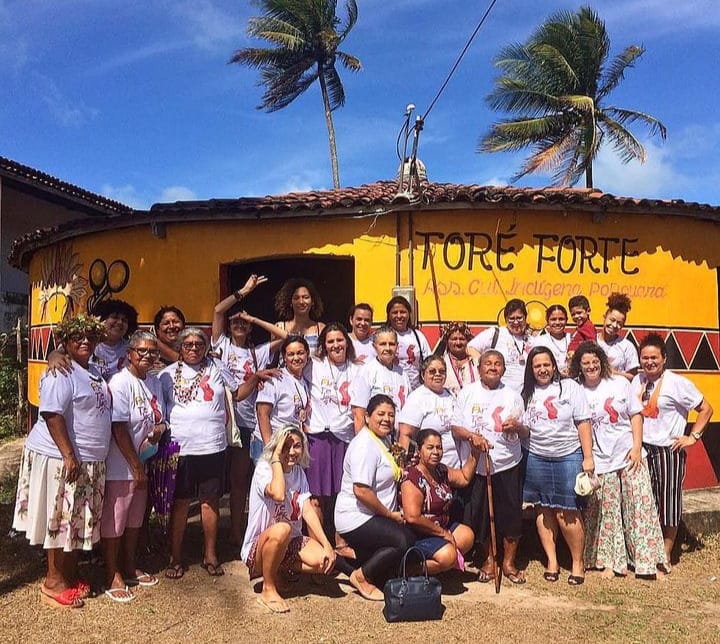DIFFERENTIATED INDIGENOUS EDUCATION:
LIFE NARRATIVE OF AN INDIGENOUS WOMAN IN DEFENSE OF THE CULTURAL ANCESTRALITY OF THE POTIGUARA PEOPLE
DOI:
https://doi.org/10.22478/ufpb.2447-9837.2023.n16.64912Abstract
The Potiguara indigenous people have lived on the north coast of Paraíba since the precolonial period and have undergone several transformations over the last five centuries. The most recent decades were marked by the strengthening of indigenous protagonism in different areas, including the resumption of land, the affirmation of constitutional rights, the occupation of local electoral political space and the achievement of public policies, mainly in the areas of education, health and culture. This article aims to narrate the experiences and contributions of an indigenous pedagogue who worked in educational institutions and is considered by her Potiguara people as a reference in indigenous school education. This article is the result of research “Partnering: life narratives of Potiguara women”, which sought to contribute to the production of knowledge about Potiguara women from Paraíba, in the areas of health, education, spirituality and indigenous political representation.
KEYWORDS: Indigenous school education. Life narratives. Female protagonism. Potiguara people of Paraíba. Indigenous women.
IMAGE: Partejar Potiguara Project (2019). Source: Personal collection of the authors.
Downloads

Downloads
Published
Issue
Section
License
- Autores mantém os direitos autorais e concedem à revista o direito de primeira publicação, com o trabalho simultaneamente licenciado sob a Licença Creative Commons Attribution que permite o compartilhamento do trabalho com reconhecimento da autoria e publicação inicial nesta revista.
- Autores têm autorização para assumir contratos adicionais separadamente, para distribuição não-exclusiva da versão do trabalho publicada nesta revista (ex.: publicar em repositório institucional ou como capítulo de livro), com reconhecimento de autoria e publicação inicial nesta revista.
- Autores têm permissão e são estimulados a publicar e distribuir seu trabalho online (ex.: em repositórios institucionais ou na sua página pessoal) a qualquer ponto antes ou durante o processo editorial, já que isso pode gerar alterações produtivas, bem como aumentar o impacto e a citação do trabalho publicado (Veja O Efeito do Acesso Livre).


